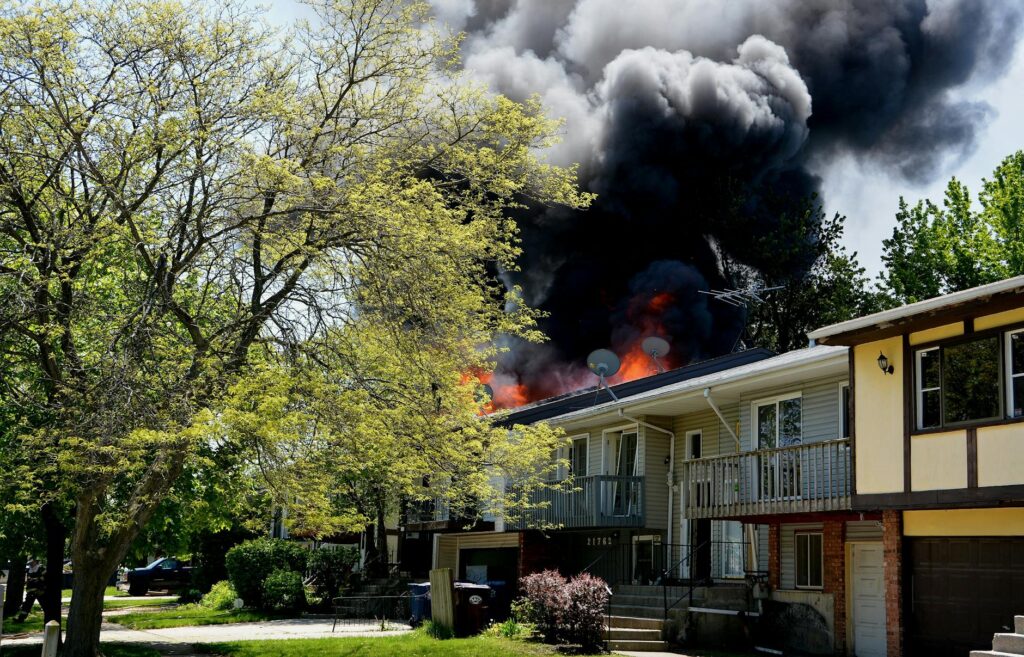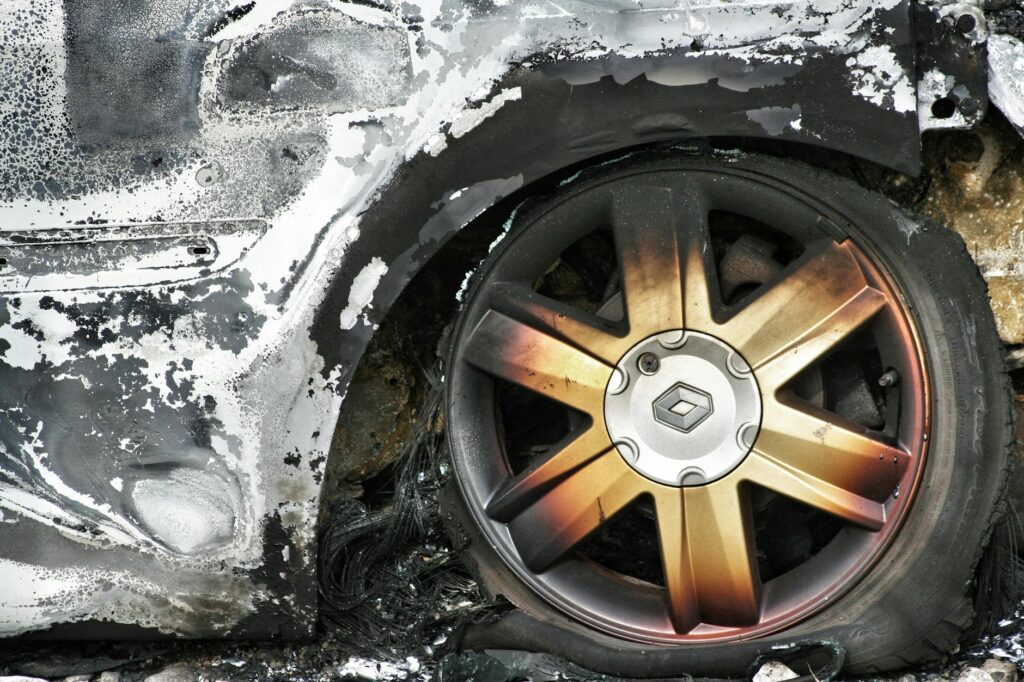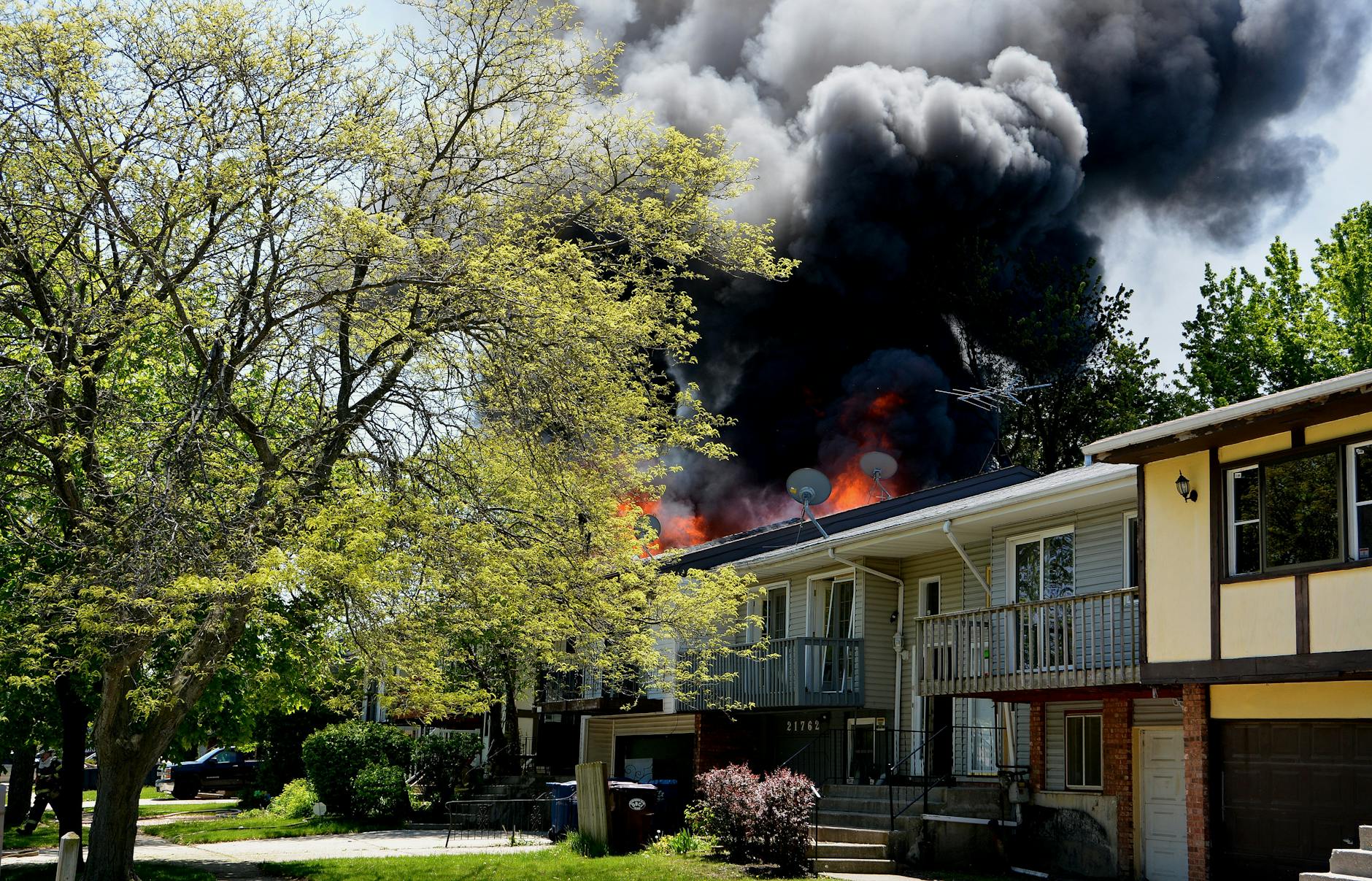Introduction
Protecting your property from unforeseen fire-related damages is crucial, and a standalone fire insurance policy offers a targeted solution for this specific risk. Unlike comprehensive home insurance, which bundles various coverages, a standalone fire insurance policy focuses solely on fire-related losses, making it a cost-effective option for those who may not need the broader protection. This post will explore the key aspects of standalone fire insurance to help you make an informed decision.
What Does Standalone Fire Insurance Cover?
Standalone fire insurance typically covers direct damage caused by fire, including the structure of your building, its contents, and any potential liability arising from the fire. Specific coverages can vary depending on the insurer and the policy, so carefully reviewing the policy wording is essential. It’s important to understand what constitutes ‘fire damage’ in the context of your policy. For example, some policies extend coverage to smoke damage and the costs associated with extinguishing the fire. 
How Much Does Standalone Fire Insurance Cost?
The cost of a standalone fire insurance policy depends on several factors, including the location of your property, the type of structure, its value, and the level of coverage you choose. Generally, standalone policies tend to be more affordable than comprehensive home insurance plans as they cover a narrower range of risks. To get an accurate quote, you’ll need to contact several insurers and provide them with the necessary details about your property. Comparing quotes from different insurers is highly recommended to secure the best value.
What are the Benefits of a Standalone Fire Insurance Policy?
One primary benefit is the affordability. As mentioned earlier, focusing solely on fire risk reduces premiums compared to comprehensive coverage. It’s a great option if you already have other insurance policies in place, like renter’s insurance covering liability or personal belongings, and you need only targeted fire protection. Another benefit is the simplicity; the policy is easier to understand than comprehensive packages.  For more information on selecting the right coverage, read our guide on policy selection.
For more information on selecting the right coverage, read our guide on policy selection.
The Claim Process
If a fire occurs, promptly notify your insurer. They will usually send an adjuster to assess the damage and determine the extent of the coverage. It’s crucial to keep all relevant documentation, such as photos of the damage and receipts for repairs. The claim process can be smoother with thorough record-keeping. Check your insurer’s claim process before purchasing the policy. This ensures you know what to expect.
Limitations and Exclusions
Remember that standalone fire insurance policies typically exclude damages from other perils. This means that if your property is damaged by a storm or flood, this policy likely won’t cover the losses. It’s essential to understand the policy’s specific limitations. Consider additional coverage if you’re concerned about other types of damage. For more details on this, refer to our article on common policy exclusions.
Conclusion
Standalone fire insurance offers a targeted and potentially cost-effective way to protect your property against fire damage. By understanding its coverages, limitations, and the claims process, you can make an informed decision about whether it aligns with your risk profile and financial needs. Remember to compare quotes and thoroughly review the policy wording before committing. [IMAGE_3_HERE] Find out more about insurance options available in your area.
Frequently Asked Questions
What types of fire damage are typically covered? This varies by policy but usually includes damage to the structure, contents, and potentially liability.
How do I file a claim? Most insurers have an online claim portal or a dedicated phone number for reporting claims. Be ready to provide detailed information about the incident.
What if I already have home insurance? Standalone fire insurance might be redundant if your current policy already covers fire damage comprehensively. It could be beneficial as supplemental coverage in case your current coverage isn’t sufficient.
Can I insure my business property with a standalone policy? Some insurers offer standalone policies for commercial buildings, but coverage and costs will differ from residential policies.
What documents do I need to provide for a claim? You should keep photos of the damage, receipts for repairs, and any other relevant documentation.


